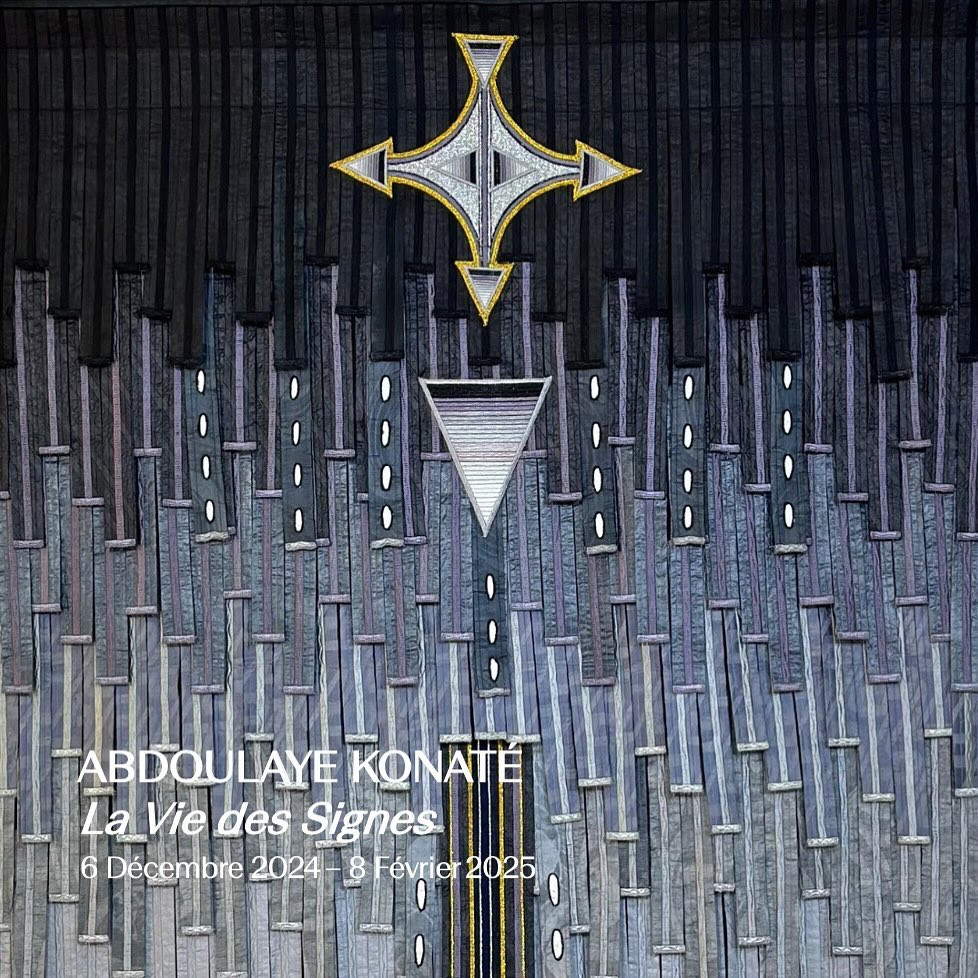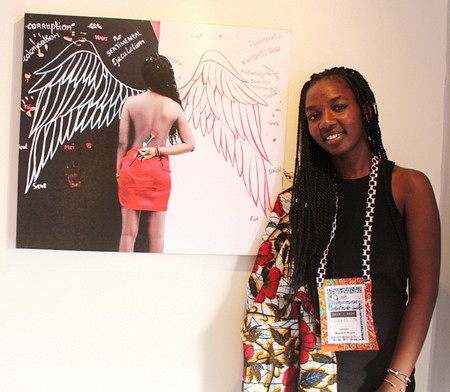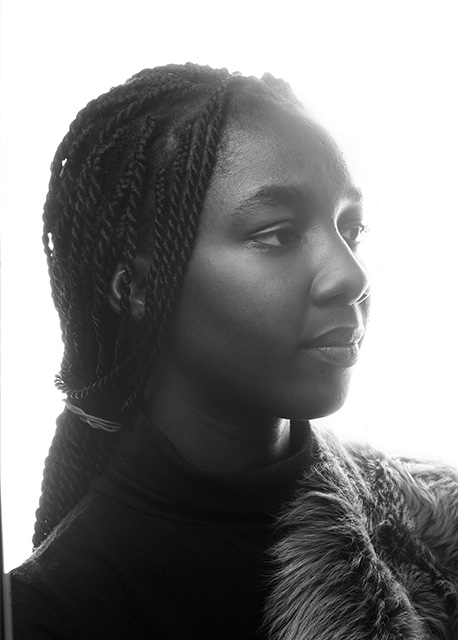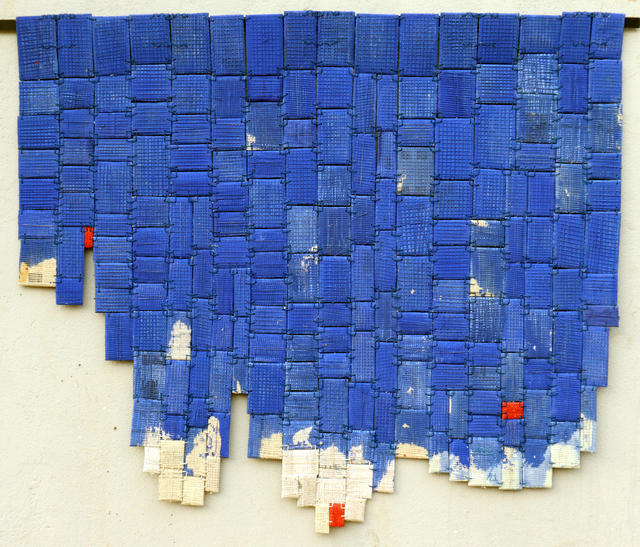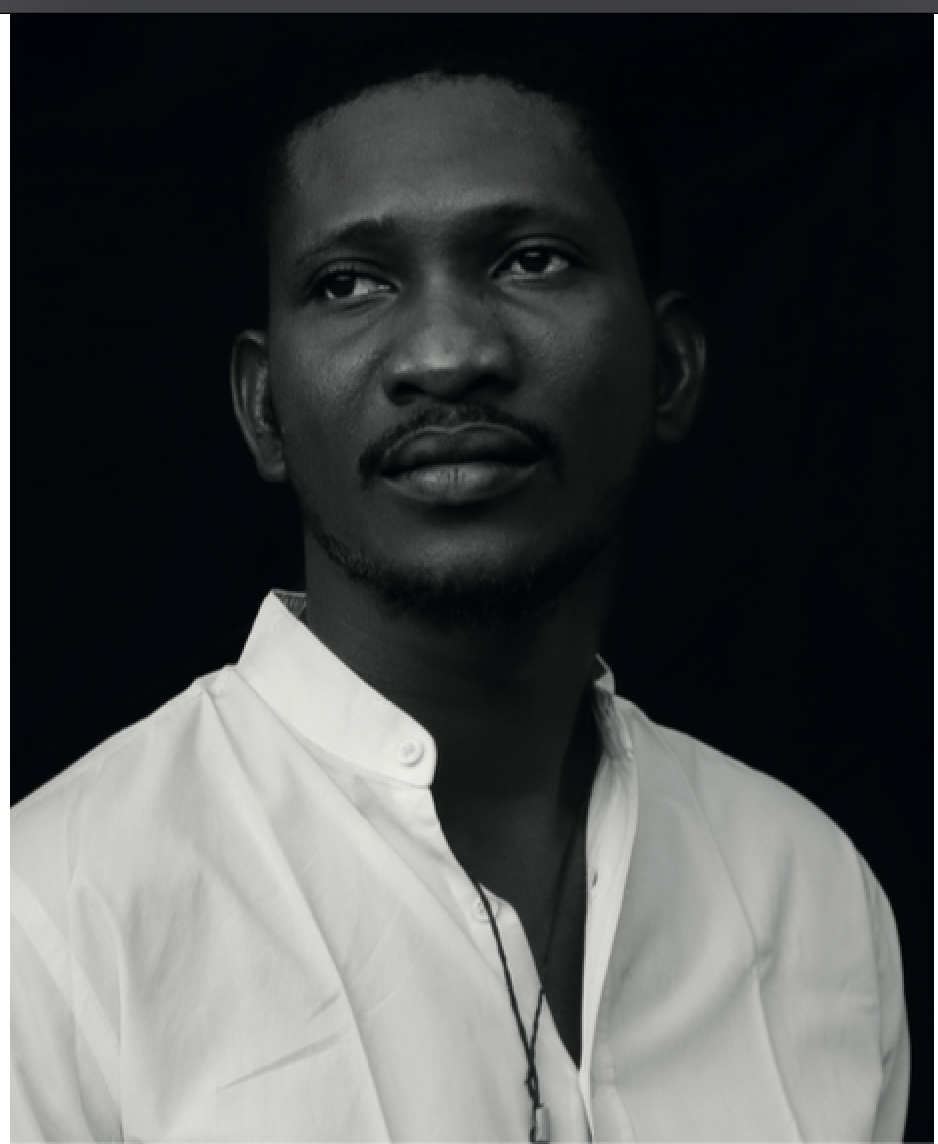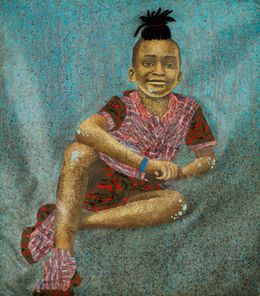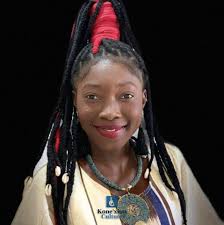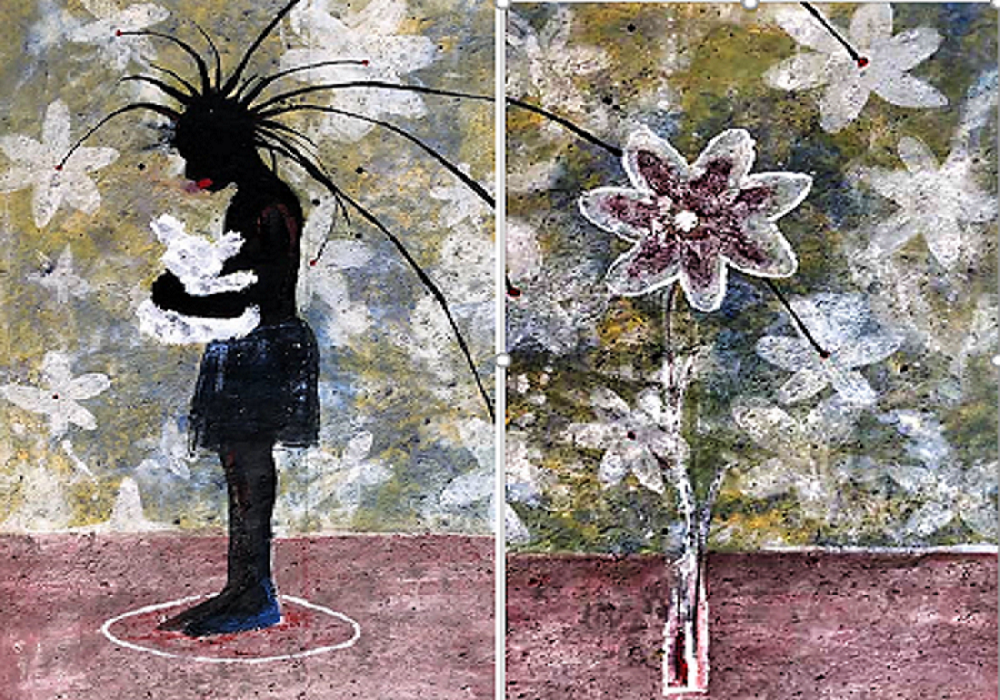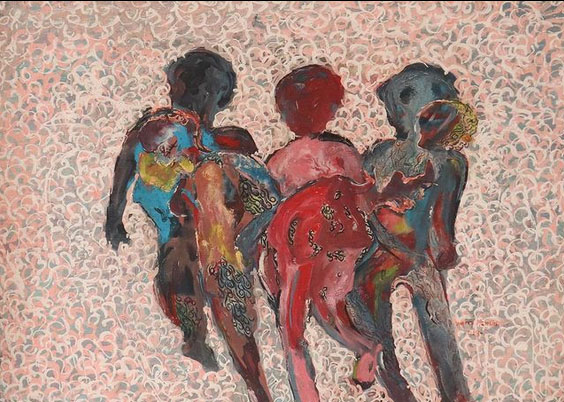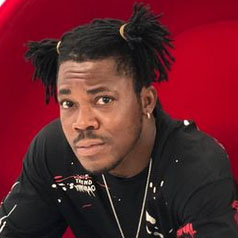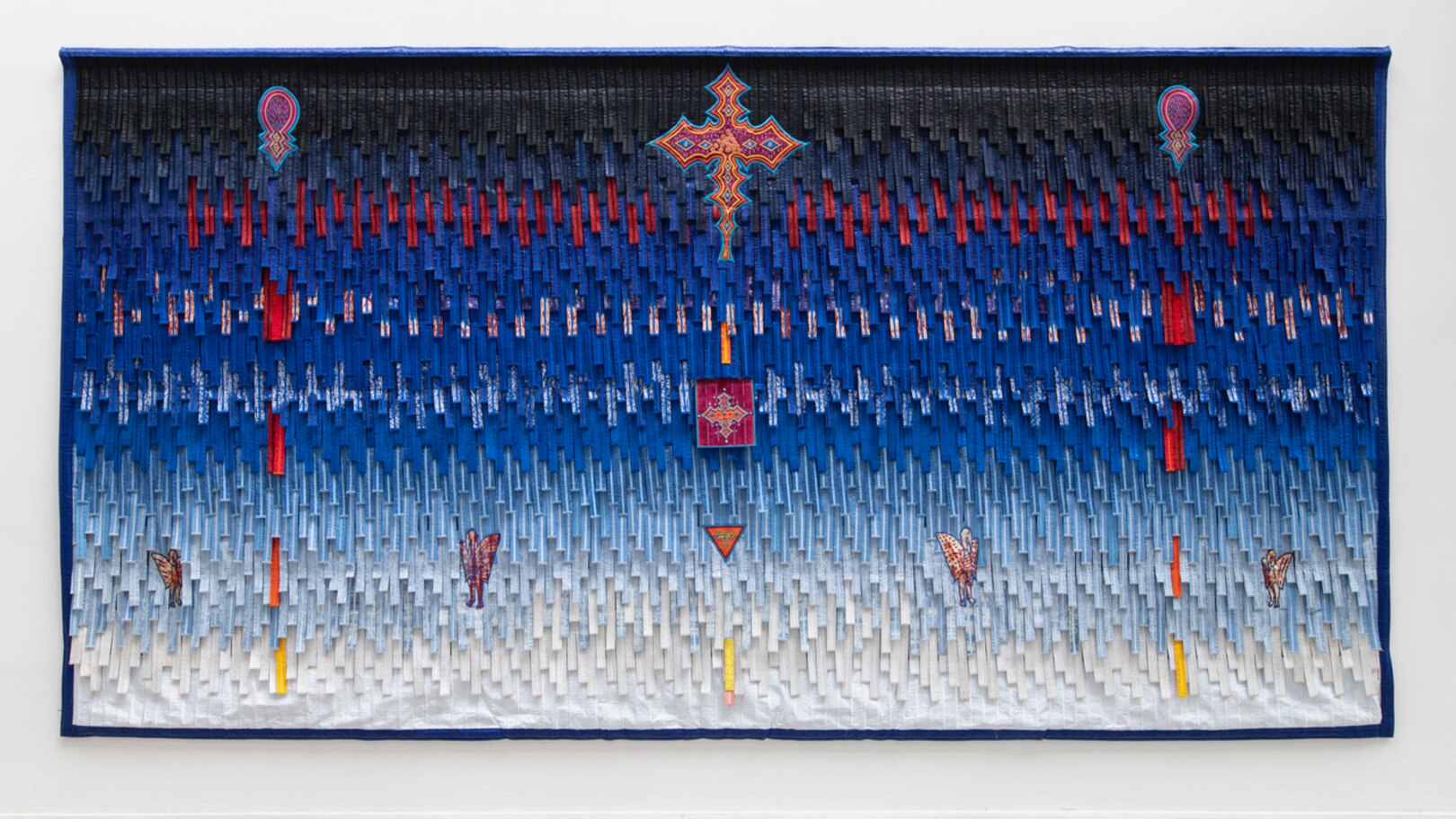
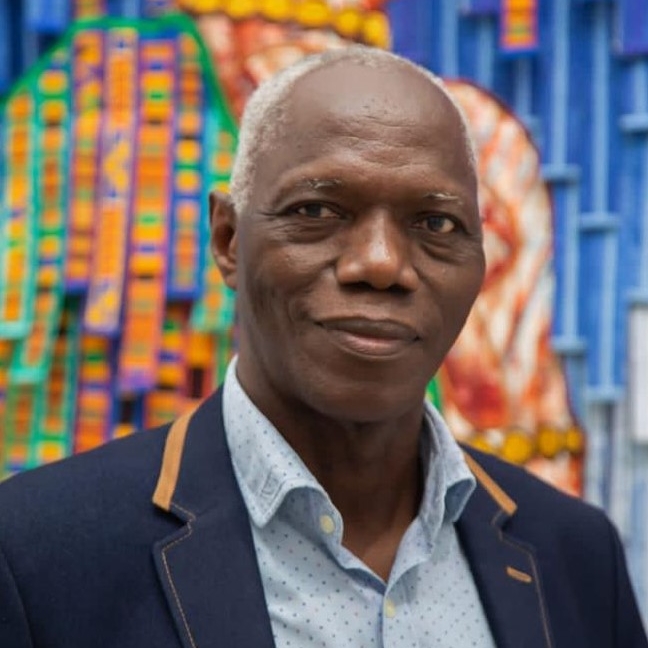
ABDOULAYE KONATÉ
Biography
Abdoulaye Konaté, born in 1953 in Dire, Mali, is one of the leading figures in contemporary African art. He is renowned for his versatility as a visual artist, having explored various media such as tapestry, tailoring, painting, and sculpture. However, he primarily uses fabric as his main material, employing it to tackle themes that are both diverse and profound. Konaté’s work can be divided into two major directions. The first is conscious and socially engaged, focusing on issues related to contemporary society and the human condition, with a critical view of socio-political challenges. His artworks often serve as visual critiques of social injustices, while also addressing universal themes related to human struggles for dignity and freedom. The second direction of his work is purely aesthetic and artistic, where he reflects on the relationship between colors, combining Western modernism with African symbolism. He is known for his mastery of weaving and embroidery, and his ability to blend tradition with modernity. The vivid colors and patterns used in his pieces create dialogues between cultures while celebrating the visual beauty and richness of African culture. Throughout his career, Konaté has exhibited worldwide, and his works are part of prestigious collections, solidifying his place as a leading figure in contemporary African art. His work remains a deep reflection on identity, culture, politics, and human relationships.
